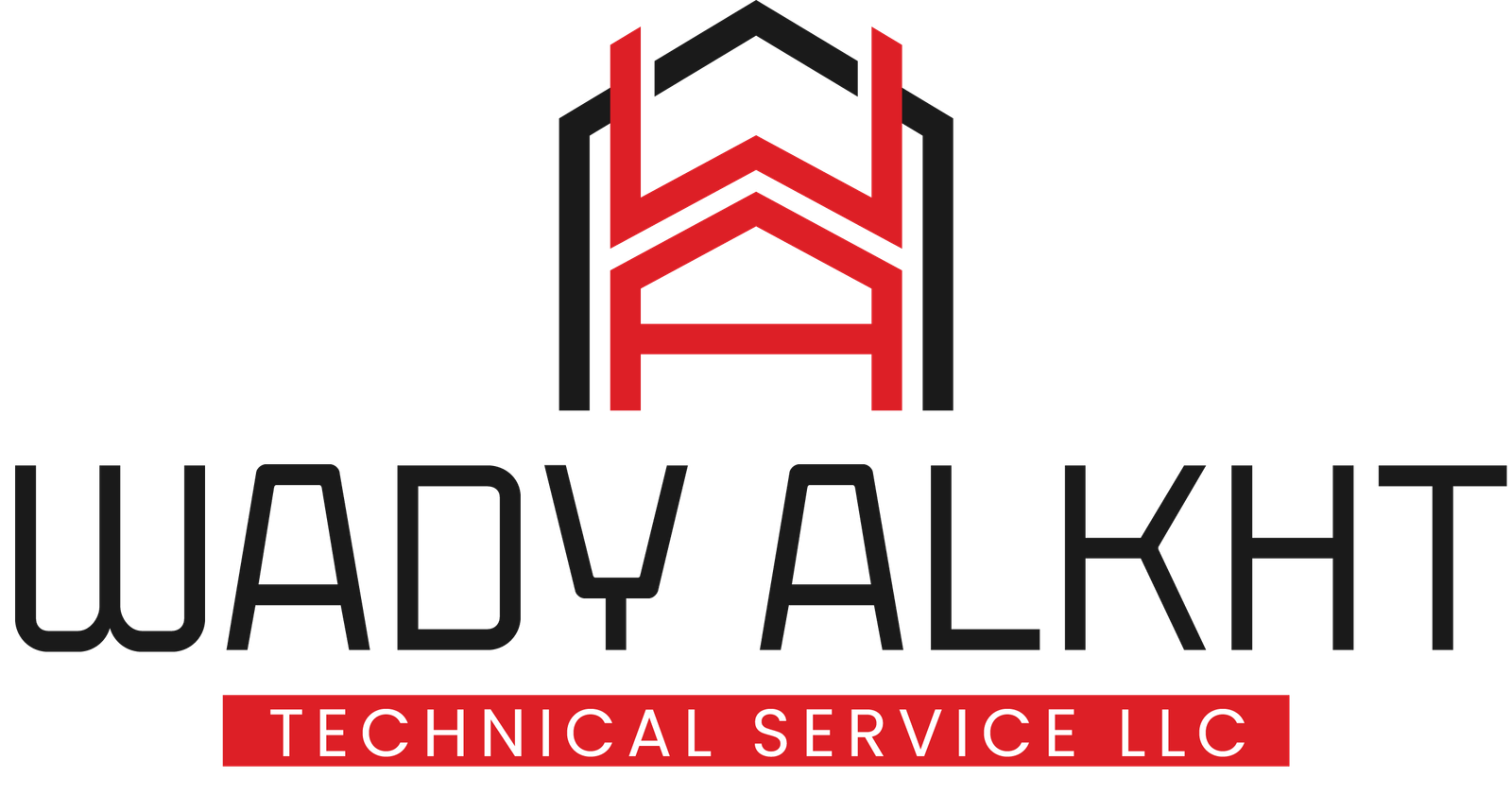How to Land a Job Even If You Have No Experience
If you’re trying to get a job for the first time, or if you’ve been applying without much luck, it can feel like no one wants to give you a chance. Everywhere you look, companies ask for “2 years of experience” or “previous work required.” But what if you’ve never had a proper job before?
The good news is: you can still land a job, even with zero experience, if you know how to present yourself. Many people are in the same boat, and with the right steps, you can go from job seeker to employee faster than you think.
Here’s a complete beginner-friendly guide on how to do it:
1. Understand What Employers Actually Want
Most employers care more about your attitude, reliability, and willingness to learn than your past work history, especially for entry-level jobs.
Even if you don’t have job experience, you can still:
- Show that you’re responsible
- Prove that you’ll show up on time
- Learn quickly and follow instructions
- Work well with others
Focus on these qualities. Employers are always looking for people they can trust.
2. Highlight Skills From Everyday Life
Just because you haven’t worked at an office or a shop doesn’t mean you don’t have skills. You might’ve helped with family work, done school projects, volunteered, or learned something useful online.
Examples of skills you might already have:
- Communication (talking to people clearly)
- Teamwork (group projects, family events)
- Time management (meeting deadlines)
- Basic tech knowledge (emails, Word, Excel, Google tools)
List these clearly in your CV and explain how they can be useful in a job.
3. Create a Beginner-Friendly CV That Still Stands Out
Your CV doesn’t need to be fancy or full of job titles, it just needs to clearly show who you are and what you can do. Include:
- A short personal statement (2–3 lines about your goals)
- Any education or certifications
- Projects, freelance work, volunteer work, or personal achievements
- Your soft skills (like being hardworking, respectful, or detail-oriented)
Pro tip: Ask someone experienced to review your CV. Even small edits can make a big difference.
4. Apply for Jobs That Offer Training or Don’t Require Experience
Look for job ads that say things like:
- “No experience needed”
- “We’ll train you”
- “Entry-level welcome”
These are the best places to start. Common roles include:
- Customer service
- Delivery or warehouse work
- Sales and retail
- Office assistants
- Internships or apprenticeships
Don’t apply to just one job and wait. Send out multiple applications every day to increase your chances.
5. Practice Interview Skills in Advance
Interviews are your time to shine, and preparation is key. Even if you’ve never done one before, you can learn:
- How to introduce yourself confidently
- How to answer common questions like “Why should we hire you?”
- How to ask your own questions politely
A career expert (like your client) can guide you on what to say, how to dress, and how to behave professionally in an interview.
6. Learn What It Means to Work for Someone
If this is your first job, it’s also important to understand how to behave once you get hired. Being a good employee means:
- Showing up on time
- Listening to instructions
- Being respectful to your manager and coworkers
- Staying consistent, even when the work feels boring or hard
Many people don’t get fired because they can’t do the job, they get fired because of attitude or bad habits. So learning these things early will help you succeed once you get hired.
7. Use All the Help You Can Get
This is where people like your client become extremely helpful. Whether it’s fixing your CV, finding the right job ads, preparing for interviews, or understanding workplace rules, a mentor or job expert can save you time and help you avoid common mistakes.
Final Words: Keep Trying, Keep Learning
Getting your first job might take some effort, but don’t lose hope. Everyone starts somewhere. What matters most is being consistent, learning from every rejection, and improving each time.
You only need one “yes” to get started, and once you’re in, more doors will open.
